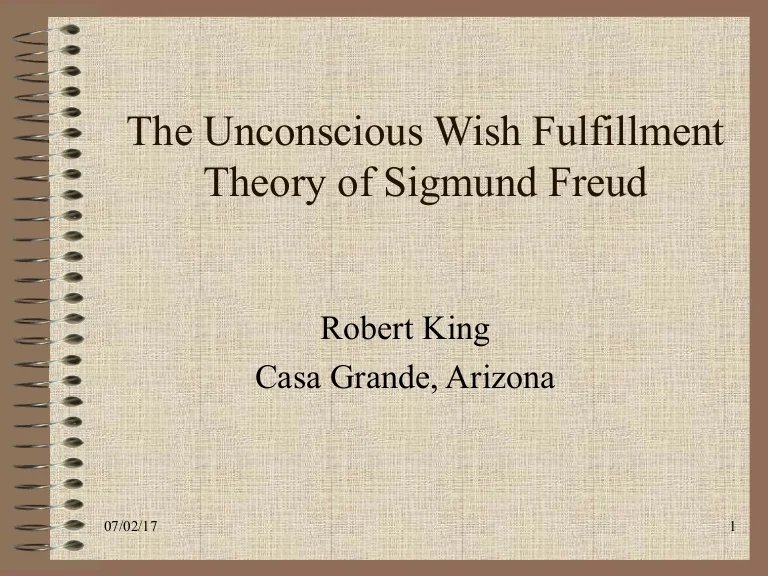· Apologetics > Apologetics and Unbelievers > Skepticism · 6 min read
Biblical Guide to Divine Wish Fulfillment: 7 Powerful Secrets for Christian Believers
Explore the fascinating concept of wish fulfillment and its impact on our lives. Discover how understanding this psychological phenomenon can lead to insights into human behavior and desires.

Wish Fulfillment: Understanding Freud’s Perspective on Christianity
Why This Matters:
Sigmund Freud, a renowned psychologist, argued that religious belief, including Christianity, is simply wish fulfillment. According to Freud, people’s desires and emotional needs lead them to believe in a higher power. However, it is important to examine the validity of Freud’s assumptions when it comes to Christianity. By doing so, we can gain a deeper understanding of the Christian faith and its relationship with human desires.
1. Freud’s View on Religion as Wish Fulfillment
Freud believed that religion served as a coping mechanism for individuals who were struggling with the harsh realities of life. He saw religious beliefs as illusions that fulfilled deep-seated wishes of mankind. In this sense, God represented a strong father figure that people desired in their lives. According to Freud, religious belief ignored the need for verification and was driven purely by emotional desires.
Think About It: While Freud’s perspective on religion as wish fulfillment may resonate with some people, it is essential to consider whether his own atheistic beliefs might also be driven by desires. Perhaps Freud and others like him wish for the non-existence of a deity such as the God of the Bible—a God who holds individuals accountable for their actions. Could it be that their atheistic beliefs are merely wish fulfillment on their part?
2. The Christian Response: Reasoning and Thinking
Contrary to what many atheists believe, Christianity encourages believers to think deeply about their faith. The Bible calls individuals to reason and engage in thoughtful reflection. In Isaiah 1:18, God invites Judah to come and reason together with Him. The Apostle Paul advises Timothy to carefully consider his teachings (2 Timothy 2:7). Furthermore, Paul urges the Corinthians to think maturely and not like children (1 Corinthians 14:20).
Think About It: Christianity does not promote mindless, blind faith. It encourages believers to critically engage with their beliefs and seek understanding. This emphasis on reasoning sets Christianity apart from other religious systems and demonstrates that it is not simply wish fulfillment.
3. The Evidence for Christianity: Philosophical, Empirical, and Historical
Unlike the mythologies of ancient civilizations, Christianity rests on strong philosophical, empirical, and historical evidence. The events surrounding the origin of Christianity occurred in real historical contexts and can be verified. The Christian faith is not built on mere wishful thinking but on solid evidences.
For instance, the hope delivered by Christianity is grounded in the person of Jesus of Nazareth. History attests to His existence and death, and there is compelling evidence for His resurrection.
Think About It: The Christian faith is not based on mere illusions or wish fulfillment. It has a solid foundation in historical events that can be examined and evaluated. This evidence challenges Freud’s assertion that Christianity is driven solely by emotional needs.
4. Responding to Freud’s Allegations
Freud accused Christians of seeking coping mechanisms or father figures through their faith. However, this accusation contradicts the strong evidence that exists for the Christian faith. Christians are not engaging in wish fulfillment; they are anchored in a belief system supported by reason and historical facts.
Think About It: While individuals may have emotional needs that draw them to Christianity, it is important to recognize that faith goes beyond mere fulfillment of desires. Christians find hope, purpose, and meaning in their relationship with God and the truth of Jesus Christ—a truth that extends beyond personal wishes or emotional needs.
5. The Role of Reason in Christian Belief
Christianity encourages believers to use reason as they navigate their faith journey. Far from being opposed to intellectual inquiry, Christianity invites individuals to seek understanding through thoughtful reflection and study.
Think About It: Reason and faith are not mutually exclusive in Christianity. Instead, reason serves as a tool for exploring and deepening one’s understanding of God’s truth. The Christian faith welcomes intellectual engagement and encourages believers to pursue knowledge and wisdom.
6. The Importance of Verifiable Truth
Unlike Freud’s claim that religious beliefs ignore the need for verification, Christianity places great importance on truth. The Bible repeatedly calls believers to test everything and hold fast to what is good (1 Thessalonians 5:21). In Christianity, faith is not blind acceptance but a response to the evidence of God’s revelation in the world and in Scripture.
Think About It: Christianity does not ask believers to abandon reason or disregard verification. Instead, it encourages individuals to seek truth and actively engage with their faith. This commitment to truth challenges Freud’s assertion that religious belief is solely based on wish fulfillment.
7. The Christian Faith and Emotional Needs
While Christianity acknowledges the emotional needs of individuals, it offers more than mere wish fulfillment. The Christian faith provides hope, comfort, and healing for the brokenness experienced in life. It offers a relationship with God that goes beyond fulfilling personal desires.
Think About It: Christianity addresses the deepest longings of the human heart by providing forgiveness, redemption, and eternal life through Jesus Christ. It offers a transformative relationship with God that brings true fulfillment, going beyond wish fulfillment or temporary emotional gratification.
8. Christianity: A Faith Rooted in Evidence
Christianity stands apart as a faith grounded in solid evidence rather than wishful thinking. It offers historical, philosophical, and empirical support for its claims. The resurrection of Jesus Christ, in particular, is backed by compelling evidence that cannot be dismissed as mere wish fulfillment.
Think About It: The evidence supporting Christianity challenges Freud’s claim that religious belief is solely driven by desires. By examining the historical and philosophical foundations of the Christian faith, we can see that it is a rational response to the evidence presented. The Christian faith offers a robust intellectual framework that goes beyond wish fulfillment.
In conclusion, Freud’s perspective on religion as wish fulfillment does not hold up when applied to Christianity. While individuals may have emotional needs and desires, the Christian faith is not merely a coping mechanism or wish fulfillment. It invites believers to engage their minds, reason, and seek truth. Christianity is grounded in solid evidence and offers a relationship with God that brings true fulfillment and purpose. By exploring the evidence for Christianity, we can see that it stands on its own merits, challenging Freud’s assumptions about religious belief.



